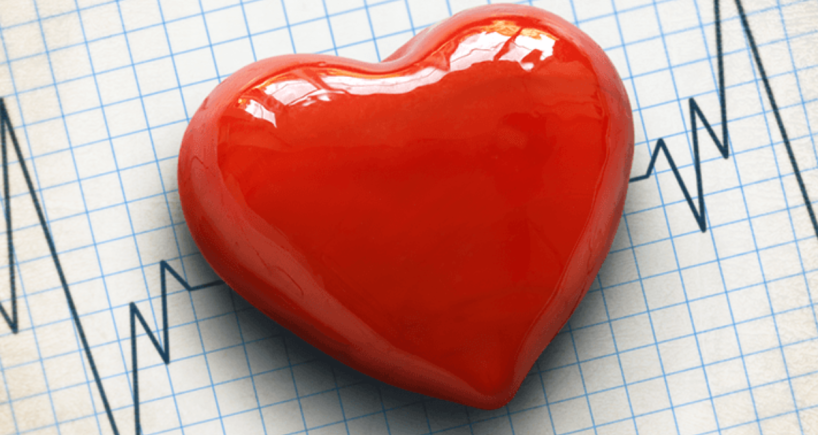
Impact Of Trans Fats, Air Pollution, and Microplastics on Heart Health
In the pursuit of modern convenience and technological advancements, humanity has inadvertently created several health hazards that have severe implications for heart health. Innovations like trans fats, air pollution, and microplastics, while initially beneficial for their respective industries, have emerged as significant threats to cardiovascular health. This article explores how these man-made substances contribute to heart diseases, emphasizing the urgent need for mitigation and lifestyle changes.
1. Trans Fats: A Silent Threat to Heart Health: Trans fats, artificially created through the hydrogenation of vegetable oils, have been widely used in processed foods to enhance taste, texture, and shelf life. Despite their industrial advantages, trans fats pose severe health risks, particularly to the cardiovascular system.
Impact on Heart Health: Trans fats raise levels of low-density lipoprotein (LDL) cholesterol, commonly known as "bad" cholesterol, while simultaneously lowering high-density lipoprotein (HDL) cholesterol, or "good" cholesterol. This imbalance contributes to the buildup of fatty deposits in the arteries, increasing the risk of coronary artery disease, heart attacks, and strokes. Moreover, trans fats can promote inflammation and endothelial dysfunction, further compounding heart disease risks.
Regulation and Reduction Efforts: In response to the overwhelming evidence of their harm, many countries have implemented regulations to reduce or eliminate trans fats from the food supply. However, trans fats still persist in some processed foods, particularly in areas with less stringent regulations.
2. Air Pollution: The Invisible Killer
Air pollution, primarily resulting from vehicle emissions, industrial activities, and the burning of fossil fuels, has become a pervasive global health issue. Fine particulate matter (PM2.5), nitrogen dioxide (NO2), and other pollutants infiltrate the respiratory and cardiovascular systems, posing a significant risk to heart health.
Impact on Heart Health: Chronic exposure to air pollution has been linked to an increased risk of heart attacks, hypertension, and arrhythmias. Pollutants like PM2.5 can penetrate deep into the lungs and enter the bloodstream, causing systemic inflammation, oxidative stress, and damage to blood vessels. This increases the likelihood of atherosclerosis (the hardening and narrowing of arteries), leading to cardiovascular complications.
Vulnerable Populations: Those living in urban areas, particularly in low-income communities near heavy traffic or industrial zones, are disproportionately affected. Air pollution not only aggravates existing heart conditions but also contributes to the early onset of heart disease in otherwise healthy individuals.
3. Microplastics: Emerging Threats to Heart Health
Microplastics, tiny plastic particles less than 5mm in size, have become ubiquitous in the environment due to the breakdown of larger plastic waste. They are found in oceans, soil, food, and even the air we breathe, leading to inadvertent ingestion and inhalation by humans.
Impact on Heart Health: Although research is still emerging, initial studies suggest that microplastics may contribute to cardiovascular diseases. Once inside the body, microplastics can induce inflammatory responses, oxidative stress, and endocrine disruption—all factors known to affect heart health. Microplastics may also carry toxic chemicals like phthalates and bisphenol A (BPA), which have been associated with increased blood pressure and other heart disease risk factors.
Widespread Presence and Long-Term Effects: Microplastics have been detected in drinking water, seafood, and even table salt. The long-term implications of chronic exposure to microplastics are still being studied, but their potential to exacerbate heart conditions is a growing concern.
Categories
Clear allMeet the doctor

- Cardiac Sciences | Adult CTVS (Cardiothoracic and Vascular Surgery) | Heart Transplant | Heart & Lung Transplant | Vascular Surgery | Paediatric CTVS (Cardiothoracic and Vascular Surgery)
-
38 Years
-
1600



















